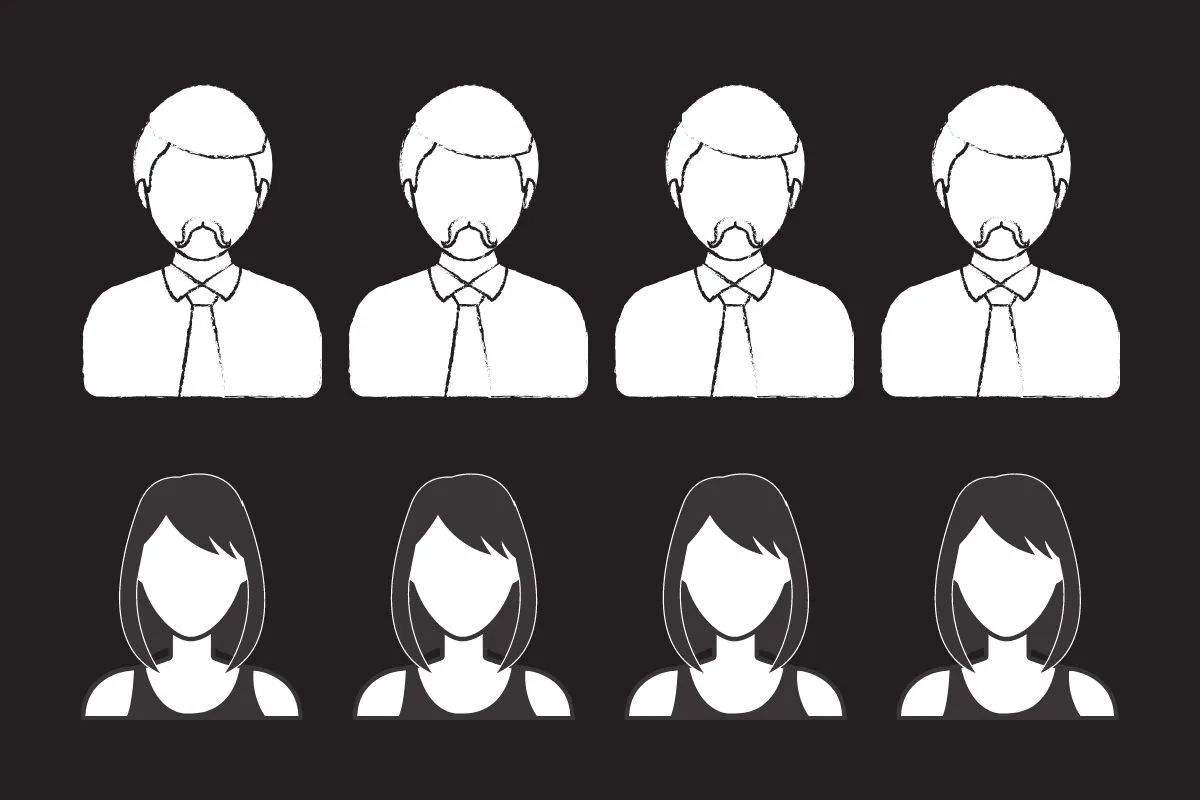The Association of American Medical Schools says 15 percent fewer U.S. medical-school graduates applied to Kentucky residency programs in the 2023-24 academic year, part of a trend related to states' strong anti-abortion laws enacted after the federal right to abortion was abolished. The decline was even greater in programs for obstetricians and gynecologists.
The study found that U.S. medical students were less likely to put in an application in states with abortion bans in place. The state's near-total abortion ban only allows exceptions if the mother is in imminent risk of death or permanent injury to a life-sustaining organ.
Dr. Atul Grover, executive director of the AAMS Research and Action Institute, found that 15% fewer U.S. medical students applied to residency programs in Kentucky during the last academic year compared to the 2022-23 school year. That’s 1,050 fewer applicants across specialties.
In OB-GYN programs, there was an even sharper 23% decline, Grover said. “We do see these trends across specialties, though,” he said. “People get a little jittery around the idea that the state government is going to come in and tell you what is not appropriate care for a patient when you know otherwise.”
Grover noted that medical students overall applied to fewer schools, meaning students got pickier in where they applied. That accounts for some of the decrease in applications across states, but the remaining deficit, he said, is cause for concern — particularly to states with abortion bans.
“Health-care shortages, across specialties, across a lot of states, are already being felt by patients,” Grover said. “If I think about Kentucky, Alabama, Mississippi, these are states that already have trouble attracting and recruiting, retaining physicians.”
Kentucky hospitals are already dealing with an “acute shortage” of health care workers, with nearly 13,000 job vacancies in hospitals at the end of 2022, says the Kentucky Hospital Association.
Grover said medical-residency application numbers are one of the fastest ways to measure where doctors are moving or interested in moving. Other metrics are harder and take longer to track. Residents have a tendency to stay in the state where they train.
Grover said lawmakers should understand the full implications of abortion bans, especially in a state that already suffers from several physician shortages, including in women and reproductive health fields. According to the U.S. Health Resources and Services Administration, more than half of Kentucky’s 120 counties didn’t have a single OB-GYN specialist in 2022-23.
Louisville pediatrician Dr. Michelle Elisburg said many doctors entering residency are in their mid-to-late 20s, and may be considering having children themselves. The bans may keep those women or their partners from considering moving to the state either.
“You wouldn't come if you’re a young woman and know that if something happens to you, you might die because they aren’t gonna let you get the health care you need,” Elisburg said. “That’s where you are going to lose the doctors.”
Elisburg was part of the lobbying effort by Kentucky Physicians for Reproductive Freedom to end the state’s abortion bans this year.
She said the bans keep students from receiving all the training they need to provide abortion care or require them travel out of state to get it. “If there’s such a ban, that restricts the kind of training that people are able to do,” she said. “They’re not going to want to come to a state where they can’t be completely trained in all the techniques in their field.”
Blair Wooten, who attended the University of Louisville medical school, said the state’s abortion ban was one of the reasons she decided to leave the state. She ended up going to a program in Ohio for the last year. She said abortion medical training “is paramount to me. It's something I want to be in my practice.”
Wooten is moving to a residency program in Indiana, which has its own abortion ban, but that program gives students the opportunity to receive abortion training in a Detroit-based program, which eased some of her fears — and clinics in Ohio are just a few hours drive away.
Wooten said she’s not sure if she’d consider setting up a practice in a state without abortion access. She said the inability to immediately provide the care she believes is necessary would be painful, but she also wants to provide services in health care deserts.
“Family planning is something I want to be a big part of my practice, so I usually say, ‘No’,” Wooten said. “But I'm also keenly aware that people need resources in every place, especially places that are maybe a little more hostile. And they need providers who care and can help them even with limited resources.”
--30--
Written by Sylvia Goodman for Kentucky Public Radio. Cross-posted from Kentucky Health News.







